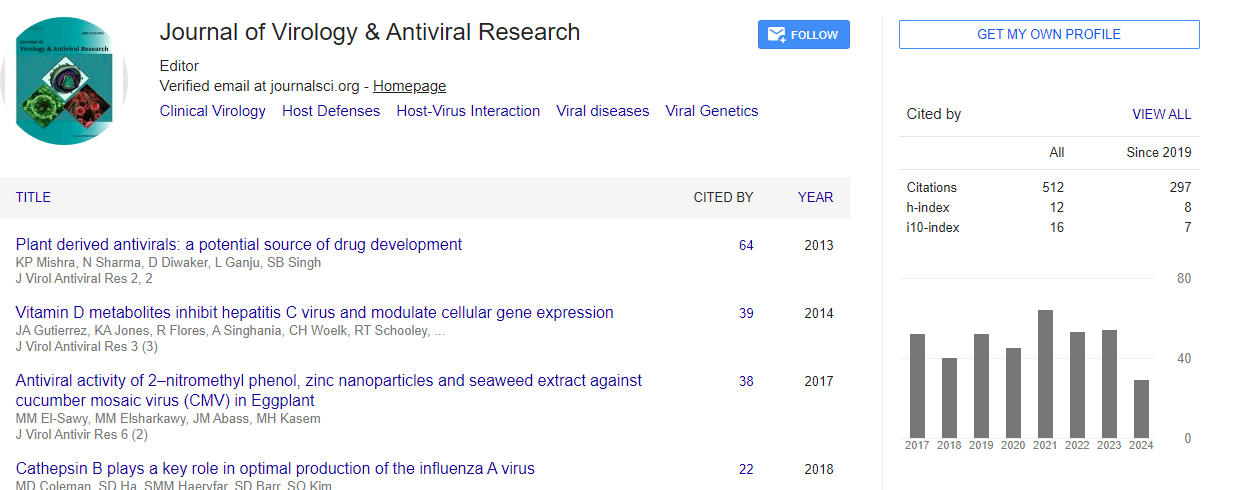Antibiotic and mental status change
Masoud Mardani
Shahid Beheshti University of Medical Sciences, Iran
: J Virol Antivir Res
Abstract
Delirium or acute state of confusion is an organically caused decline from a previously attained baseline level of cognitive function, which occurs in up to half of hospitalized patients and up to 80% of patients at intensive care units. Increased length of hospital stays and in-hospital complications such as discharge to long-term care facilities, hospitalization from longterm care facilities, subsequent cognitive impairment, subsequent dependent and risk of in-hospital and 1-year mortality is associated with delirium. A review of medications as a potential contributing factor should always be prompted by any change in mental status. Neurologic symptoms, including sedation, sleep disturbance, confusion, delirium, seizures, mood changes, psychosis, and hallucinations, are often an overlooked etiology of antimicrobial agents. Increased dose of antibiotics and their different classes can change the type and frequency of mental status, concurrent central nervous system (CNS) disorders and renal dysfunction. The most common causative agents, with incidence varying from a few isolated case reports to 15% of patients at the intensive care unit, are fluoroquinolones, cephalosporins and macrolides in cefepime. Over 50% of elderly patients receive high-dose clarithromycin. In view of the fact that, antimicrobial agent use has a high frequency, awareness regarding the potential for antimicrobials to induce changes in mental status should be taken into consideration by clinicians. Therefore, recognition and management may reduce morbidity and patients and families should be appropriately educated regarding these adverse effects.
 Spanish
Spanish  Chinese
Chinese  Russian
Russian  German
German  French
French  Japanese
Japanese  Portuguese
Portuguese  Hindi
Hindi 

